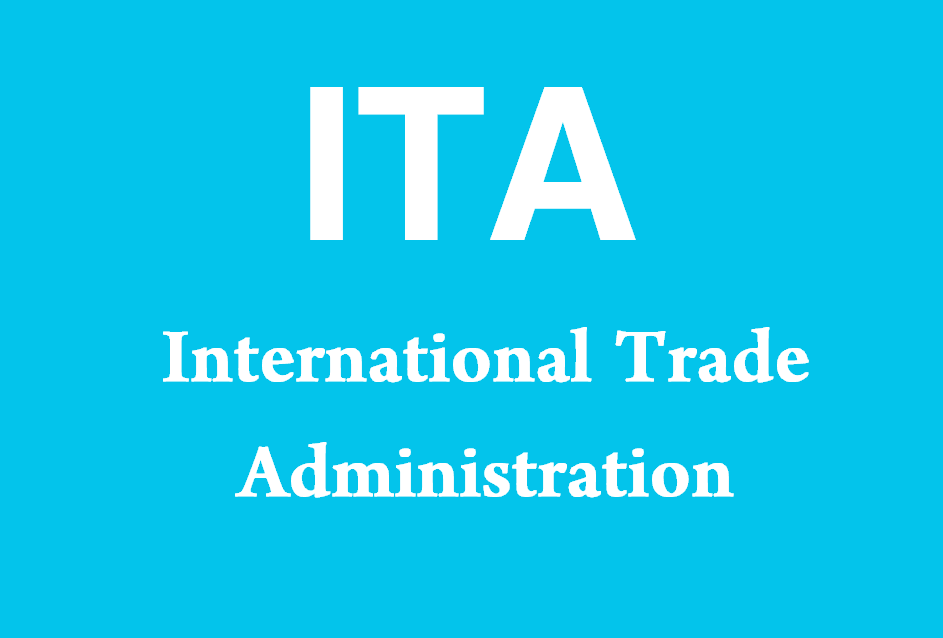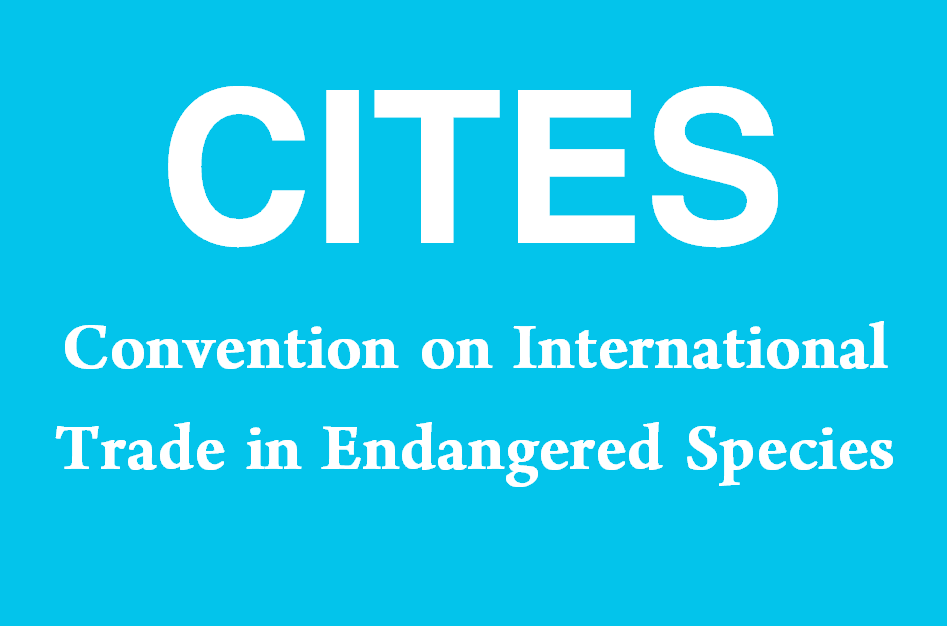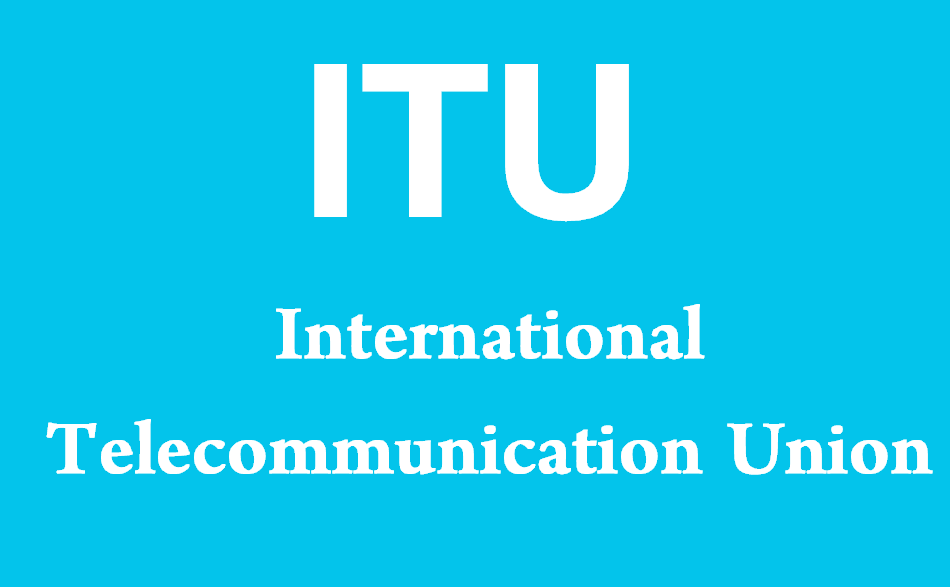When sourcing products from China, it is crucial to ensure compliance with international trade laws. Non-compliance can lead to severe penalties, including fines, shipment delays, and even the seizure of goods. As the global trade landscape becomes increasingly complex, businesses must navigate a variety of regulations that govern the movement of goods across borders. Compliance with these regulations not only ensures a smooth import process but also protects a company from potential legal risks.
This guide will explore the various aspects of international trade laws, key considerations when sourcing from China, and the steps businesses can take to ensure compliance with all relevant regulations.

Understanding International Trade Laws
Key Regulations and Compliance Requirements
Import and Export Regulations
Import and export regulations are designed to control the movement of goods across borders. These regulations dictate what products can be imported or exported, under what conditions, and what documentation is required. When sourcing from China, it is important to understand both the Chinese export regulations and the import regulations of the destination country.
Chinese export regulations include rules about export licensing and restrictions on certain categories of goods. Meanwhile, the destination country may impose duties, taxes, and various customs requirements. Ensuring compliance with both sets of regulations is critical to avoid delays and penalties.
Customs Requirements
Customs requirements involve paperwork, duties, and tariffs that must be handled when importing goods from China. Each country has its own set of customs procedures that must be followed to successfully clear shipments. Customs documentation typically includes commercial invoices, packing lists, certificates of origin, and import permits.
Properly completing and submitting the required paperwork helps facilitate customs clearance and reduces the risk of goods being held or delayed. Understanding the specific customs requirements of both China and the importing country is essential for ensuring compliance.
Trade Agreements and Tariffs
Understanding Trade Agreements
Trade agreements between countries can significantly impact the cost and feasibility of importing goods. These agreements dictate tariff rates, quotas, and specific rules of origin that apply to certain products. When sourcing from China, understanding the applicable trade agreements can help businesses benefit from preferential tariff rates or reduced trade barriers.
Examples of trade agreements include the World Trade Organization (WTO) agreements, which regulate international trade at a global level, and bilateral agreements between China and specific countries. Staying informed about relevant trade agreements helps businesses take advantage of potential savings and avoid unnecessary costs.
Tariff Classification and Harmonized System (HS) Codes
The Harmonized System (HS) is a standardized system for classifying goods in international trade. HS codes determine the applicable tariffs, duties, and taxes on imported goods. Accurate classification of products using the correct HS code is essential for ensuring compliance with customs requirements and avoiding penalties.
Misclassification of goods can result in incorrect duty payments or legal issues. Businesses should work with customs brokers or use specialized online tools to determine the correct HS codes for their products.
Identifying and Addressing Key Compliance Challenges
Product Compliance and Standards
Regulatory Compliance for Specific Products
Different products are subject to different regulatory requirements depending on the country of import. These regulations may cover product safety, quality, labeling, and environmental standards. For example, electronics may require specific safety certifications, while food products may need to meet stringent quality and health standards.
When sourcing from China, it is crucial to ensure that the products meet the regulatory requirements of the target market. This may involve testing the products to verify compliance with local standards and obtaining relevant certifications before the products are shipped.
Labeling and Packaging Requirements
Many countries have specific labeling and packaging requirements for imported goods. Labels may need to include information such as the country of origin, safety warnings, ingredients, and other relevant details. Failure to comply with these requirements can result in the products being rejected by customs authorities.
Working closely with the supplier to ensure that products are labeled and packaged according to the destination country’s requirements is essential for avoiding compliance issues. Verifying that suppliers understand and follow the relevant standards can help mitigate the risk of non-compliance.
Supplier Compliance and Due Diligence
Verifying Supplier Legitimacy
Ensuring compliance begins with verifying that the supplier is a legitimate and reliable business. Conducting due diligence on suppliers helps identify potential risks such as fraud, quality issues, or non-compliance with regulations. Using online tools, such as supplier directories and government databases, can help verify the supplier’s credentials, including business registration, certifications, and compliance history.
Third-party verification services, such as SGS or Bureau Veritas, can also conduct audits to verify the supplier’s adherence to industry standards and regulations. Ensuring that the supplier is legitimate and compliant with regulations helps reduce the risk of facing compliance issues further down the supply chain.
Social Compliance and Ethical Standards
Social compliance is an important consideration when sourcing from China. This involves ensuring that suppliers adhere to labor laws, including regulations on working hours, wages, and employee safety. Buyers must verify that suppliers are compliant with ethical standards, such as preventing child labor and ensuring safe working conditions.
Conducting social compliance audits and working with suppliers that have a proven track record of ethical practices is essential for meeting international labor standards and avoiding legal and reputational risks.
Key Steps to Ensure Compliance When Sourcing from China
Conducting Product Testing and Certification
Obtaining Required Certifications
Depending on the type of product being sourced, specific certifications may be required to meet regulatory standards in the target market. Certifications such as CE, FCC, or RoHS are often mandatory for certain products, such as electronics and consumer goods. Before finalizing an order, it is essential to verify that the product complies with the relevant certifications.
Working with third-party testing laboratories can help verify that products meet the required standards. Buyers should communicate the specific certification requirements to their suppliers and ensure that all relevant documentation is provided prior to shipment.
Testing for Compliance
Testing products for compliance with safety and quality standards is an important step in ensuring that they meet regulatory requirements. Buyers can work with accredited testing laboratories to conduct tests on product samples before they are shipped. Testing helps identify potential issues before the products enter the target market, reducing the risk of rejection or recall.
Working with Customs Brokers and Trade Experts
Engaging a Licensed Customs Broker
Customs brokers are experts in navigating the complex customs procedures associated with international trade. Engaging a licensed customs broker helps ensure that all customs documentation is properly prepared and submitted. Customs brokers are well-versed in tariff classification, import duties, and customs regulations, which helps minimize the risk of delays or non-compliance.
Using a customs broker is particularly important when importing goods from China, where the documentation requirements and regulations can be complex. A customs broker can help manage the entire import process, ensuring that all regulations are followed, and that shipments clear customs smoothly.
Consulting Trade Compliance Specialists
Trade compliance specialists provide valuable expertise in ensuring adherence to international trade laws. Consulting a trade compliance specialist helps businesses understand the specific requirements for importing goods into a particular country, including import licensing, export controls, and product regulations.
These specialists can also assist in developing compliance programs that address the unique risks associated with sourcing from China, helping businesses establish robust processes to manage trade compliance effectively.
Establishing Comprehensive Supplier Agreements
Incorporating Compliance Clauses in Contracts
One effective way to ensure supplier compliance is to establish comprehensive contracts that include specific compliance clauses. These clauses should outline the supplier’s responsibilities for meeting product standards, obtaining certifications, and adhering to regulatory requirements.
Contracts should also include clauses related to product recalls, penalties for non-compliance, and corrective actions that the supplier must take if they fail to meet the agreed-upon standards. Clearly defining compliance expectations in the contract helps protect the buyer’s interests and provides legal recourse in the event of non-compliance.
Developing a Supplier Code of Conduct
Developing a Supplier Code of Conduct is another important step in ensuring compliance with international trade laws. A Supplier Code of Conduct outlines the ethical, environmental, and regulatory standards that suppliers must adhere to. This code should include requirements related to labor practices, quality standards, environmental impact, and regulatory compliance.
Sharing the Supplier Code of Conduct with potential suppliers during the onboarding process helps establish clear expectations and ensures that suppliers understand the standards they are expected to meet.
Managing Risks Associated with International Trade Compliance
Understanding Export Controls and Sanctions
Restricted and Prohibited Goods
Export controls and sanctions are regulations that restrict or prohibit the export of certain goods to specific countries or entities. It is important for businesses sourcing from China to understand the export controls that may apply to their products. Export restrictions may be imposed for reasons related to national security, environmental concerns, or political sanctions.
Buyers should ensure that their suppliers are aware of and compliant with any export restrictions that may apply to their products. Working with trade compliance experts can help businesses understand these restrictions and prevent unintentional violations.
Screening Against Sanctions Lists
Screening suppliers and transactions against international sanctions lists is an important step in managing trade compliance risks. Sanctions lists are maintained by various countries and international organizations, including the United Nations, the United States, and the European Union. These lists include individuals, companies, and entities that are prohibited from engaging in international trade.
Using online screening tools to check suppliers against sanctions lists helps ensure compliance with international trade laws and prevents businesses from inadvertently violating sanctions regulations.
Developing a Compliance Program
Implementing Internal Compliance Controls
Establishing internal compliance controls is essential for ensuring that the business adheres to international trade laws. A compliance program should include policies and procedures for managing import and export activities, conducting due diligence on suppliers, and monitoring compliance with product standards.
Businesses should designate a compliance officer responsible for overseeing the compliance program, ensuring that employees understand their responsibilities, and conducting regular reviews to identify potential risks.
Training Employees on Trade Compliance
Training employees on trade compliance is an important aspect of managing compliance risks. Employees involved in sourcing, procurement, logistics, and legal departments should be trained on international trade regulations, customs requirements, and the company’s compliance policies.
Regular training programs help employees stay up-to-date with changes in trade laws and understand their role in maintaining compliance. By fostering a culture of compliance, businesses can ensure that all employees are aligned with the company’s goals for international trade adherence.
Leveraging Technology for Compliance Management
Using Compliance Management Software
Automating Compliance Processes
Compliance management software can be used to automate many aspects of international trade compliance, including documentation management, supplier screening, and customs reporting. By using compliance management software, businesses can streamline their compliance processes, reduce manual errors, and ensure that all documentation is up to date.
Automation also helps maintain records of compliance activities, which is useful in the event of an audit. These records provide evidence that the business has taken the necessary steps to ensure compliance with international trade laws.
Centralizing Compliance Information
Compliance management software provides a centralized platform for storing and accessing all compliance-related information, including supplier verification reports, certification documents, and customs paperwork. Having a centralized system helps improve transparency and makes it easier for compliance officers to monitor the status of each shipment and supplier.
Using software to manage compliance also enables better communication and collaboration across different teams involved in sourcing, logistics, and compliance, ensuring that everyone has access to the information they need.
Online Screening and Verification Tools
Supplier Screening for Compliance Risks
Online screening tools can be used to verify suppliers against sanctions lists, blacklists, and other compliance databases. These tools help businesses identify potential compliance risks and ensure that suppliers do not have a history of non-compliance or violations.
Screening suppliers before entering into a contract helps minimize the risk of dealing with non-compliant entities and ensures that the business is in adherence with trade laws.
Verifying Product Compliance
Online verification tools can also be used to verify whether products meet the necessary regulatory standards for the target market. These tools provide information on the required certifications, labeling requirements, and testing standards for specific products, ensuring that the goods comply with the regulations of the importing country.






